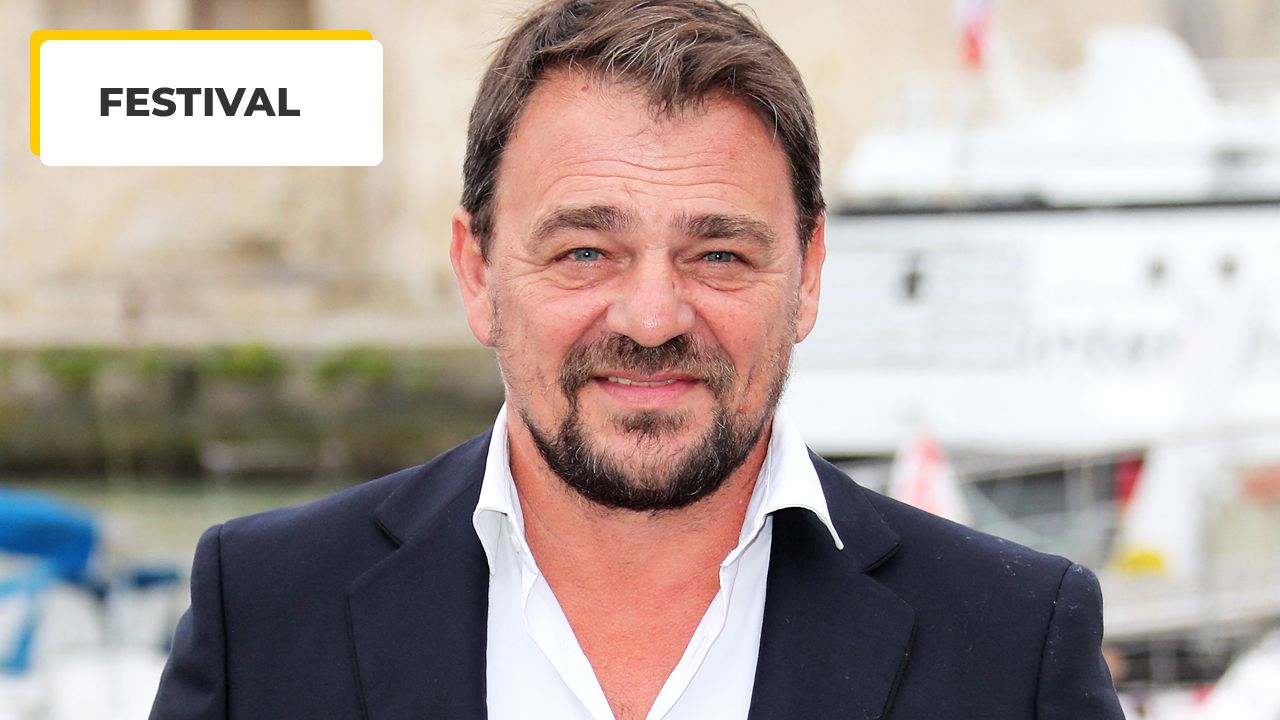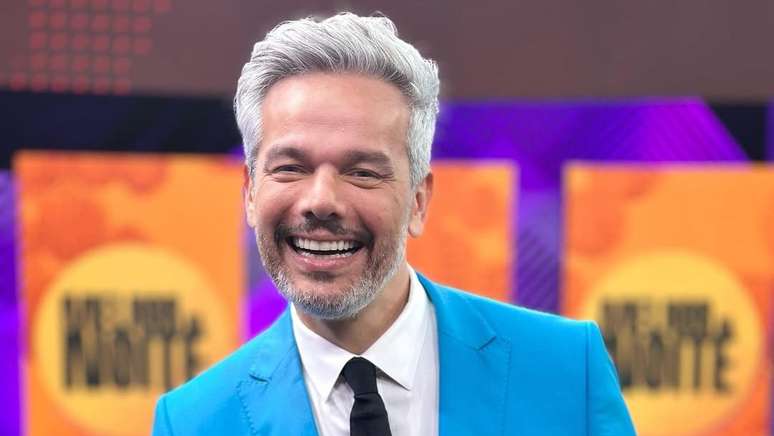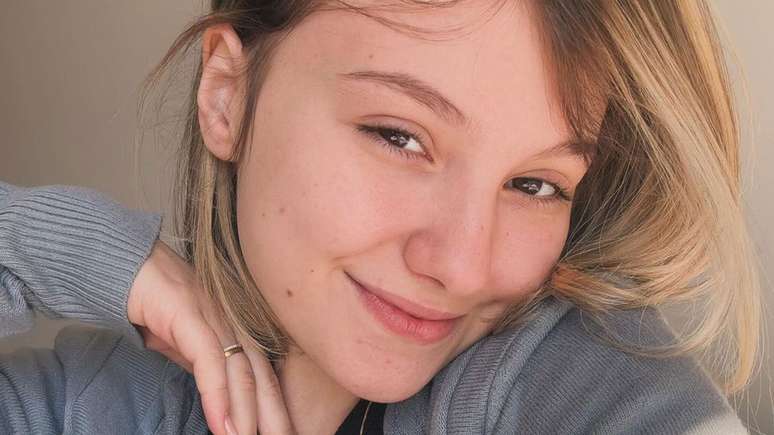The 26th edition of the La Rochelle Festival of Fiction opened this Tuesday, September 10. After Audrey Fleuro last year, it’s now Thierry Godard’s turn to take on the role of jury president for this 2024 edition.
In an interview with Allociné, Thierry Godard, a quintessential face of the French audiovisual landscape, spoke to us about his role as president and how he will evaluate the 40 fiction entries in the competition, which are as rich as every year. and diversified.
Alocine: What is it like to be the president of the jury of the La Rochelle Art Festival this year?
Thierry Godard : I am delighted. I am very proud and even very happy. And then my president, Sophie Revill, who is a producer that I really like and that I’ve worked with, she’s really good.
He is a passionate producer who has been passionate about what he does for years. So when I was asked to be the president of the jury, knowing that it was he who suggested it to me, I was even more happy.
How do you approach this responsibility?
I will try to be less reactive, less passionate, and a little more pragmatic when discussing fiction. What I struggle with even in life. I’m not saying that I like milk, but when I don’t like it, it really annoys me. There, I’m going to stop it all and see the work behind it.
We do things that are very difficult on television because we have little time to do things. A 90-minute film is made in 22 days, and in cinema we shoot 50. And you can definitely feel it in the picture. So I’ll probably keep that in mind as well, to actually have a critical but benevolent eye.
How will you evaluate the works in the competition? Do you have specific criteria or aspects that are important to you that you need to be firm about?
No, because everything is possible in every speech and in every story. In movies or on television, a love story remains a love story. There are 150,000 ways to say it.
Then there are important subjects like pedophilia that will be discussed in selected fiction. These are the topics that we probably have to wait a little longer because when it comes to specific and serious topics, we want to be accurate and considerate.
What place does television have in your life as a viewer? What series or TV movies have influenced you recently?
Strangely, I do TV, but I don’t watch too much. I have a TV at home, but it’s not like we used to watch it regularly. Since we all have streaming platforms, it’s easier for me to find movies or series to watch.
I’m looking at Anglo-Saxon stuff. I really liked Mr. Robot. Already Rami Malek is an insane actor who really made me believe, and then the direction is insane in every episode. I liked it too.
French fiction has experienced real growth in recent years. How do you perceive this evolution and how does the festival reflect this transformation?
In production, we probably feel more gray matter, wanting to push ourselves further and further in what we write and create. We actors are much more involved in the rewriting, even if it’s just the dialogue and sometimes the journey of our characters.
There are many projects where we see each other above, where we work to achieve the best because we know we have this imperative of time and money. So I think it contributes to the fact that we are able to do more intelligent, more constructive things.
The festival reflects this transformation as it selects all these projects. We are all moving forward together towards something that gets better and better.
You became a resident of the Comédie Française. What does this mean to you personally and artistically?
Obviously, recognition of years of hard work. Even though I have made 20 years of paintings, I have made a lot of television and movies, I have 20 years of theater behind all of this. It’s been 3-4 years since I returned to the theater and I often get calls from directors and authors who want me back.
I’ve been slowing down a bit because it’s a big investment and you really have to go. It takes a lot of energy and time. I wanted to go back to the theater, but with something I could choose.
And then, Comedie Française comes along and it’s the complete opposite. I have one room, then three back round and alternate. It’s really the opposite of what I thought at first when I told myself I’d be easy (laughs).
But it’s really great, it’s a good shot. As it turned out, I could not refuse it. I couldn’t say no to the Comédie Française because they came for me. And then it goes into the consistency of why I started my profession, why I did it and why I still do it. There is something right.
Will that give you time to film?
I told him I needed time to shoot. They know that I like them and they still ask me to shoot them, so the condition was that I would continue taking pictures, otherwise I would be unhappy.
shoresYour new series, soon to air on France 2, will be previewed during the festival. What attracted you to this project?
To be honest, what made me want to work in this series was the director David Houreg. We worked together on Germinal and I really like the man. He is a monster of work and humanity. I think if he called me and offered me something, I would have accepted it even without reading the script.
And then there was this not-so-obvious world with all these elements. I tell myself, if it wasn’t for David, I probably wouldn’t have gotten it. I’m happy because the series won the audience award at the Montreal festival last night.
Do you have any upcoming projects?
At the beginning of the school year, I receive a series by Michelle Buss. It is an environmental thriller in which I will play a scientist. I’ll be next to Ann Charie. We are both in the title roles. It is well written and well done.
Source: Allocine
Rose James is a Gossipify movie and series reviewer known for her in-depth analysis and unique perspective on the latest releases. With a background in film studies, she provides engaging and informative reviews, and keeps readers up to date with industry trends and emerging talents.







